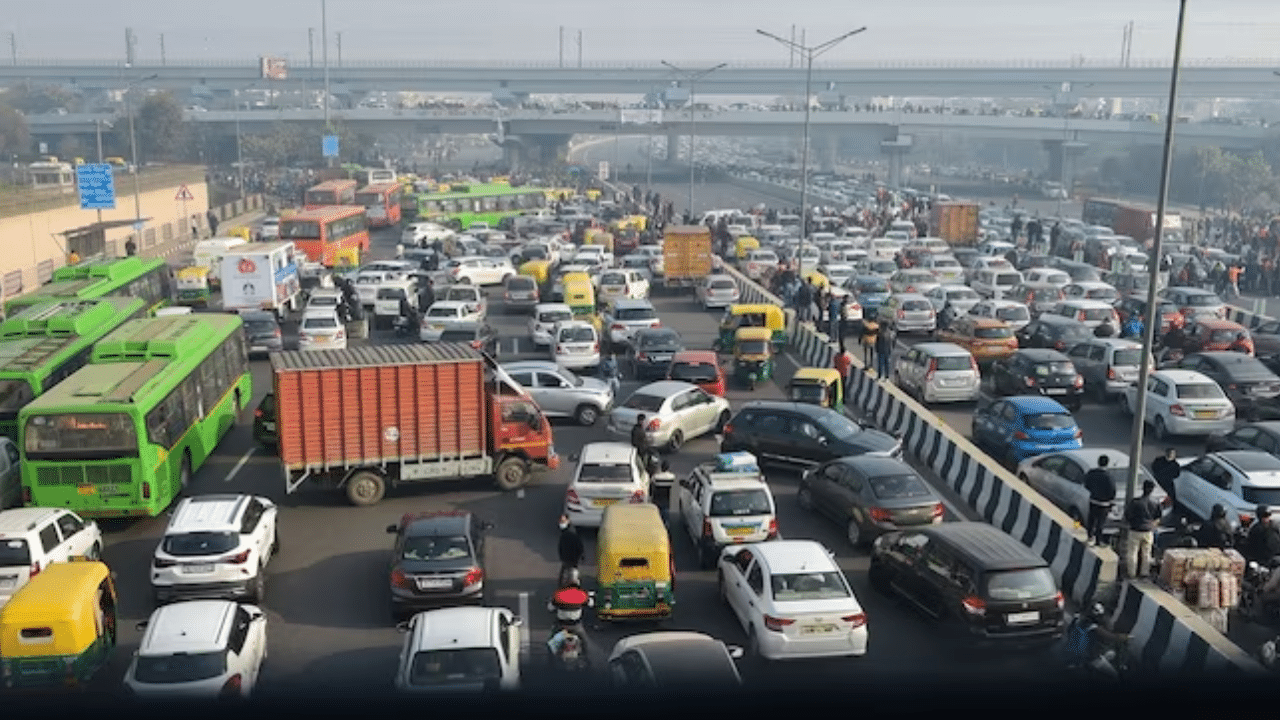New Delhi: The ban on End of Life vehicles would be implemented from November 1 following the meeting of Commission for Air Quality Management(CAQM). Till then, the overage vehicles, 10 and 15 years old, would continue to receive petrol and diesel from the fuel stations. Earlier, the ban was planned to be implemented from July 1.
As per the sources, the old diesel and petrol vehicles that have crossed threshold age of 10 and 15 years would stop getting fuel from November 1.
Why ban on End of Life vehicles?
The End of Life refers to those old petrol and diesel vehicles that have completed their 10 and 15 years of life cycle. The primary objective of the ban on these vehicles is to curb Delhi’s rising air pollution.
Earlier, the Delhi government has ordered 498 petrol and diesel stations and 116 CNG pumps in the city to install Automatic Number Plate Recognition (ANPR) cameras to identify End of Life vehicles. These cameras automatically identified the vehicles by their number plates as per the VAHAN database and instantly stopped fuel access for them.
The ban entails hefty fines for violators who were seen driving them on roads. Violators are required to pay Rs 5,000 for two-wheelers and Rs 10,000 for four-wheelers. The vehicles can also be seized for scrapping if they are violating the ban for second time. Delhi has over 80 lakh registered vehicles in total and about 62 lakh, including 41 lakh two-wheelers, are ELVs. All these old vehicles would come under the inspection as per the restrictions.
Delhiites oppose EOL ban
The EOL ban had faced major backlash from the people of Delhi. The ban announcement has hurt the sentiments of common people whose daily lives depend on such vehicles. Following the outrage, Delhi Lieutenant Governor VK Saxena wrote to the Delhi government asking it to reconsider the ban. In the letter addressed to Chief Minister Rekha Gupta, Saxena mentioned that the people of Delhi were not prepared for such a ban.
He reiterated that the average middle class spend most of their life savings on buying a vehicle and scrapping it would be unjust to them.
